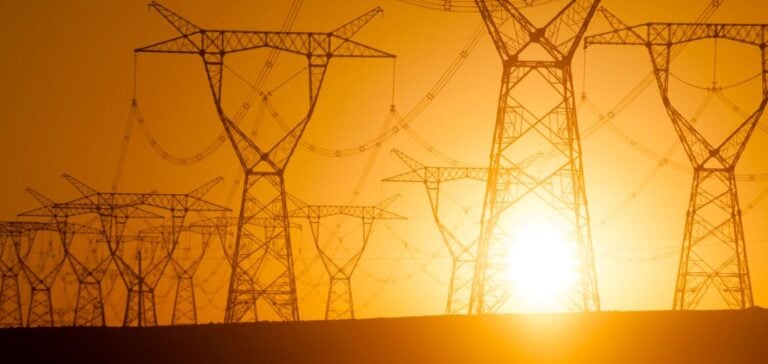Ukraine’s energy grid, already under significant strain, faced a new major offensive orchestrated by Russia. On Sunday, massive strikes targeted several regions, leaving at least two dead and over a dozen injured, according to local authorities.
Energy Minister German Galouchtchenko stated that electricity generation and transmission facilities across the country were targeted. Ukrainian energy operator DTEK confirmed that several of its thermal power plants suffered significant damage, although no casualties were reported at these sites. Ukrainian President Volodymyr Zelensky reported that at least 120 missiles and 90 drones were launched during the attack, marking one of the largest aerial offensives to date.
Extended Consequences for Ukraine
The repercussions of the strikes are already being felt. Emergency power cuts were announced in several regions, including Kyiv, Donetsk, Dnipropetrovsk, and Odessa. These interruptions, frequent since the start of the conflict, intensify the hardships faced by the population as winter temperatures begin to drop.
The affected infrastructure includes critical sites in the Vinnytsia, Rivné, Volhynié, and Zaporijjia regions. Local authorities are struggling to assess the extent of the damage, but DTEK stated that this was the eighth major attack targeting its power plants this year.
Intensifying Geopolitical Tensions
On the diplomatic front, the recent strikes are perceived as a direct response from Vladimir Putin to recent interactions between international leaders and the Kremlin. Ukrainian Foreign Minister Andriï Sybiga denounced these attacks as a “reaction” from Moscow to discussions involving the Russian president.
Neighboring countries are also on high alert. The Polish army mobilized its air forces after the Russian attack, signaling heightened vigilance against potential threats to its territory.
Ukraine Facing New Challenges
In addition to the physical attacks, Kyiv faces uncertainties regarding continued international support. The recent victory of Donald Trump in the U.S. presidential election raises concerns about the future of American aid. Meanwhile, Ukrainian leaders continue to advocate for increased assistance—both humanitarian and military—to address the destruction of their infrastructure.
As Ukraine enters its third year of war, prospects for a diplomatic resolution appear more uncertain than ever. Moscow insists on the recognition of occupied territories as a precondition for any agreement, a position firmly rejected by Kyiv.






















